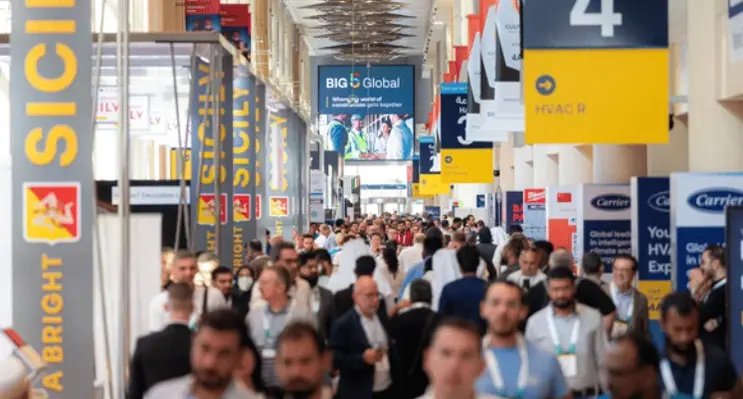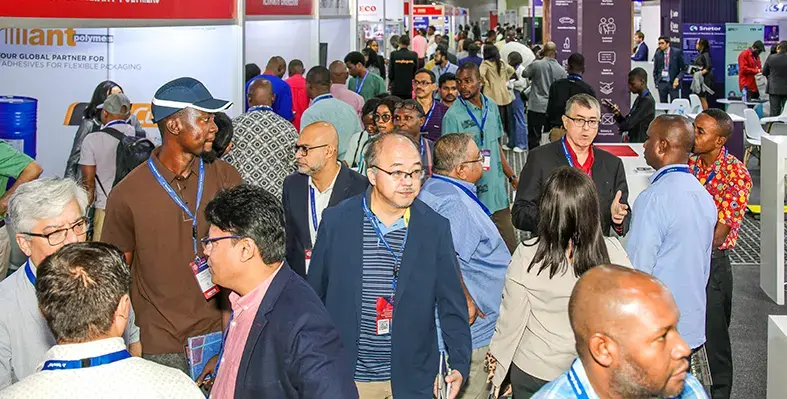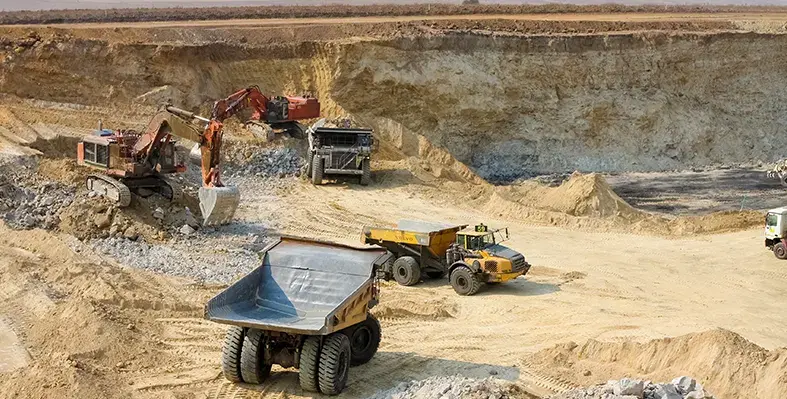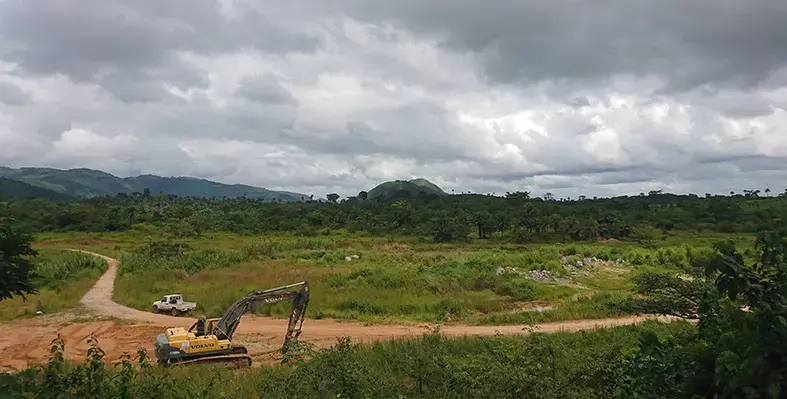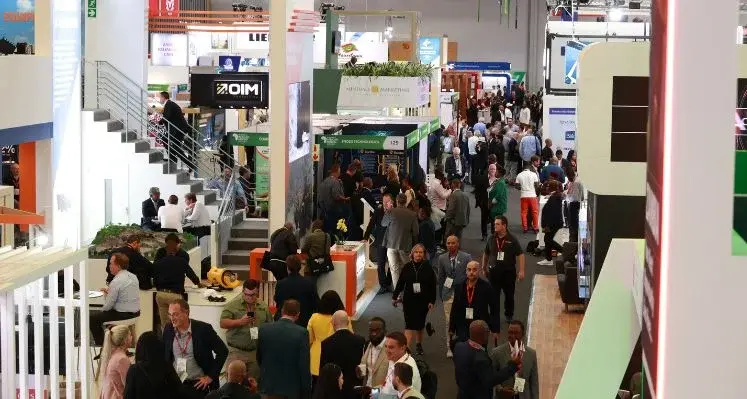
Mining Indaba is deliberately shifting influence beyond boardrooms and into the lived realities of mining-affected communities across the continent. (Image source: Mining Indaba)
Mining Indaba, in partnership with The Impact Facility Investing in African Mining, has doubled down on its commitment to communities by naming ten winners of its 2026 Community Voices Competition, up from five in 2025, and introducing complimentary tickets for community representatives and artisanal miners
The move sends a clear signal to the global mining industry: communities and Indigenous people are no longer on the margins of the conversation. They are shaping it.
As Africa’s most influential mining investment platform prepares for its 2026 edition in Cape Town from 9 to 12 February, Mining Indaba is deliberately shifting influence beyond boardrooms and into the lived realities of mining-affected communities across the continent.
The message is direct and uncompromising. The future of mining will be co-created with communities, or it will not be sustainable.
Delivered through the Mining Community Voices platform in partnership with The Impact Facility, the initiative places grassroots leaders alongside mining executives, investors and policymakers as equal contributors to the dialogue shaping Africa’s mining future.
Under the 2026 theme Stronger Together: Progress Through Partnership, Mining Indaba is embedding community experience into the core of its agenda, not as a side programme but as a strategic pillar of the event.
“This is not about representation for optics,” said Laura Nicholson, industry director at Mining Indaba. “By doubling the number of Community Voices winners, we are making it clear that communities are central to decision making across the mining value chain. Stronger Together is a call to action for how mining must operate going forward.”
Community Voices driving the agenda
The ten Community Voices winners represent a new generation of leadership rooted in accountability, economic realism and social impact, spanning Kenya, Zimbabwe, Tanzania and beyond.
Among them is Nkosi Sibanda, regional manager for the Africa Division at the Human Rights Measurement Initiative.
“We are strongest when prosperity is shared, justice is served, and decisions are made at the same table,” Sibanda said.
Sibanda will join fellow Community Voices winners Maureen Mwuese Mato and Alpha Ntayomba as speakers on the panel Stronger Together in Practice: Building Meaningful Partnerships in Critical Mineral Communities on Tuesday, 10 February. The session is designed to move beyond principle into practice, examining what functional partnerships between communities, companies and the state look like on the ground.
“Progress becomes truly sustainable when communities are not just included but have a real seat at the table as trusted partners shaping their own futures,” said Mato, monitoring and evaluation officer at Ziva Community Initiative.
Alpha Ntayomba, executive director and natural resources management expert at the Population and Development Initiative, underscored the economic stakes. “Mining contributes 10.1% to Tanzania’s GDP, up from 3.5% in previous years. The challenge now is ensuring that this growth delivers lasting value for communities.”
Other winners reinforced a broader reframing of mining success.
“Responsible mining is not just about what we extract, but how we organise land, infrastructure and communities around the resource,” said Ayoo Liza of the Kenya Chamber of Mines.
“Progress is not measured in tons of minerals extracted, but in roads repaired and access to basic social services,” added Prisca Bahati from the Women Entrepreneurs Initiative for Sustainable Development.
From entrepreneurship to engineering, the winners reflect a holistic vision of value creation. Yamikani Jimusole, founder and CEO of Yami Gemstone Lab and Exports, said she is committed to “turning gemstones into stories of growth and opportunity for Africa.”
Sapiens Ndatabaye, founder and CEO at Xeltis Ltd, framed the issue globally. “Africa has a key role to play in ensuring equitable access to the minerals that underpin the global economy. That responsibility comes with shared accountability.”
From community voices to system-wide change
The Community Voices platform is not an endpoint. It feeds directly into a broader Community and Indigenous Peoples agenda at Mining Indaba 2026 that tackles the sector’s most pressing social and economic questions, including:
• Mining investment models that deliver shared prosperity
• Regional alliances to amplify community impact
• Partnerships to ensure communities benefit from critical minerals
• Post-mine closure strategies that drive economic renewal
• Fair and ethical community resettlement
These sessions bring together traditional leaders, CEOs, financiers, sustainability executives and governments across multiple days, reinforcing that community outcomes are inseparable from commercial success.
David Sturmes Verbreek, Co-Founder of The Impact Facility, said the shift is long overdue. “Community engagement is no longer a compliance exercise. It is an investment strategy. Companies that understand this will unlock resilience, trust and long-term value.”
Mining Indaba’s commitment to investing in people is also reflected in the elevation of past Community Voices winners into leadership roles on the agenda. Sonwabo Modimoeng, a winner of the MI25 Community Competition, returns in 2026 as a moderator, now serving as Social Performance Manager at Mogale Tailings Retreatment.
“Mining can only be sustainable when communities are not an afterthought, but true partners in value creation,” said Estrella Matondo, senior community social performance advisor at Rio Tinto and a 2026 Community Voices winner.
Mining Indaba 2026 is drawing a line under performative engagement. The ten Community Voices winners are not symbolic. They are strategic.
View the full Communities and Indigenous Peoples agenda and be part of the conversations shaping the future of African mining at Mining Indaba 2026.







